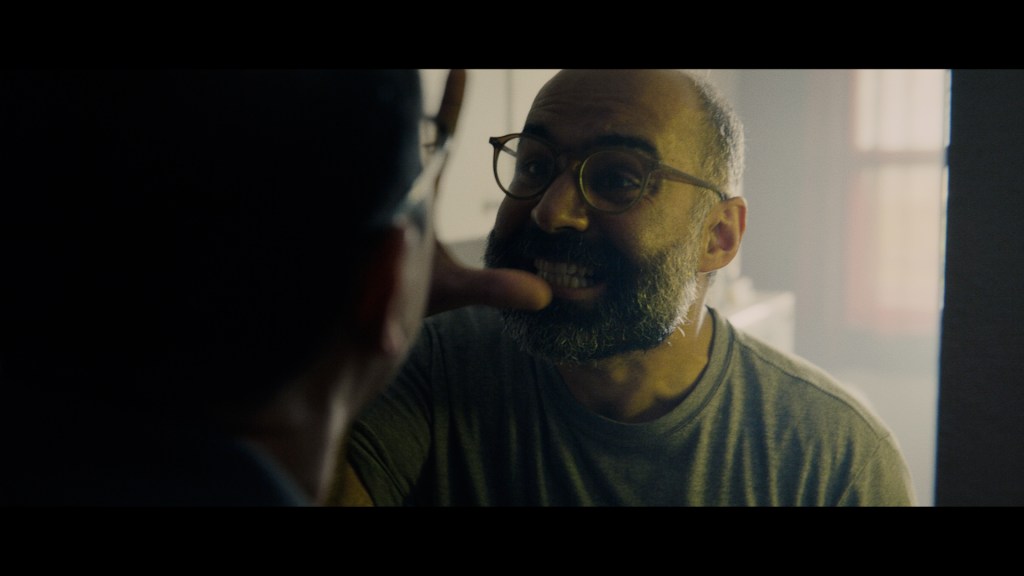Maziyar Khatam’s stunning film BABA sheds light on the importance of communication, family, and how fragile familial ties can really be.
This film stays in a place of heightened emotional intensity and leaves audiences on the edges of their seats but doesn’t necessarily stray into thriller territory, what do you think helps to accomplish this?
That was definitely the goal to have this stretching rubber band effect occurring in real time. The intensity is mainly derived from the barrage of overlapping dialogue. In the edit we also made a lot of the scenes overlap which creates a sense of dread and frustration. The goal was to make the pacing relentless, never giving the audience a chance to take a breath

What inspired you to tell this story?
It was a combination of things—the main drive being the tangled feelings I had about my dad and how I grew up. I distinctly remember being in my last year of high school and getting a call from him due to a dispute with his landlord. I had to rush over there and be his translator. I thought that this would be a great opening scene for the film. Thematically, I also wanted to touch upon how my dad and I were drifting apart. My Farsi was getting worse, and his English was almost nonexistent, so communication was agonizing. A lot of our screaming matches were simply because we couldn’t understand each other.

What is the significance of the man who steals the artwork?
For me it showcases how ignorant the father is, and the kind of company he keeps around. He’s totally clueless that this guys a nut and is so hyper focused on selling the painting. The thief ultimately ends up traumatizing the son which alters the tone of the film, leading us away from comedy and more into tragedy.

What was it like juggling the roles of writer, producer, and actor?
I try to separate the roles as much as I can. When I’m working on the script I’m not thinking about my performance or producing. Once the script is done I move onto a different role. The toughest role for me was acting, since I’m not a trained performer.
“He was able to get what he wanted in the end, but at the cost of destroying the relationship with his son.”
Can you talk about the most important step, to you, in your creative process?
The script and rehearsals. For me those two things shape the entire movie before the shoot. I find that during the rehearsals I’m constantly rewriting. It’s also the most collaborative part of the process.

Can you speak to the ending a bit? Was the father really faking it or was that claim an attempt at regaining his control and, for lack of a better term, “masculinity”?
That’s something I’d prefer to leave to each individual viewer. The intention was to give the audience an opportunity to have a different interpretation. The film purposefully is left a bit ambiguous regarding what happens next to the father. He was able to get what he wanted in the end, but at the cost of destroying the relationship with his son.
